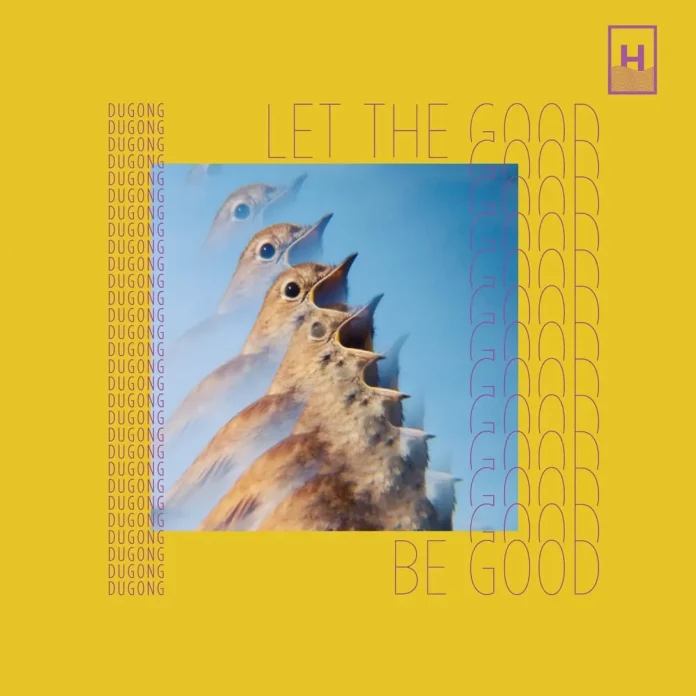The third album from London quartet Dugong was inspired by isolation its members endured during the COVID-19 pandemic. They composed apart from one another with the aim to record together at a later time.
Leading the melodies and harmonies of the tracks is Nicolò Ricci on tenor sax and Michele Caiati and guitar and synthesiser, and making up the rhythm section is Andrea Di Biase on bass and synthesiser and Riccardo Chiaberta on drums.
Over eight tracks the ensemble create rich and varied pieces, rooted in jazz but also drawing on other influences. There are more rock-oriented tracks like Fantasma, which takes a sparse electric guitar melody and simple percussion and slowly builds as the guitar and saxophone weave in and out of each other. Coccobello is a more open and explorative piece, with double bass and percussion creating a rich atmosphere over which guitar and saxophone improvise, as the track melts into a slow groove.
The sixth and seventh tracks are titled Hugamama and Hugapapa, with the former a winding, searching piece, and the latter reserved but with a deliberate energy that builds in intensity. Closing the album is the title track Let The Good Be Good, slow and measured with melancholic saxophone and delicate, fragmented guitar.
Dugong’s sound is expressive and unique, and their simple instrumentation is used to great effect, creating a highly enjoyable result on this engaging and individual album.
Discography
Fantasma; Not A Worry In The World; Coccobello; Apnea; Turnpike Lane; Hugamama; Hugapapa; Let The Good Be Good (41.00)
Nicolò Ricci (ts); Michele Caiati (elg, syn); Andrea Di Biase (b, syn); Riccardo Chiaberta (d). London, October 2021.
Honolulu Records HR21
















